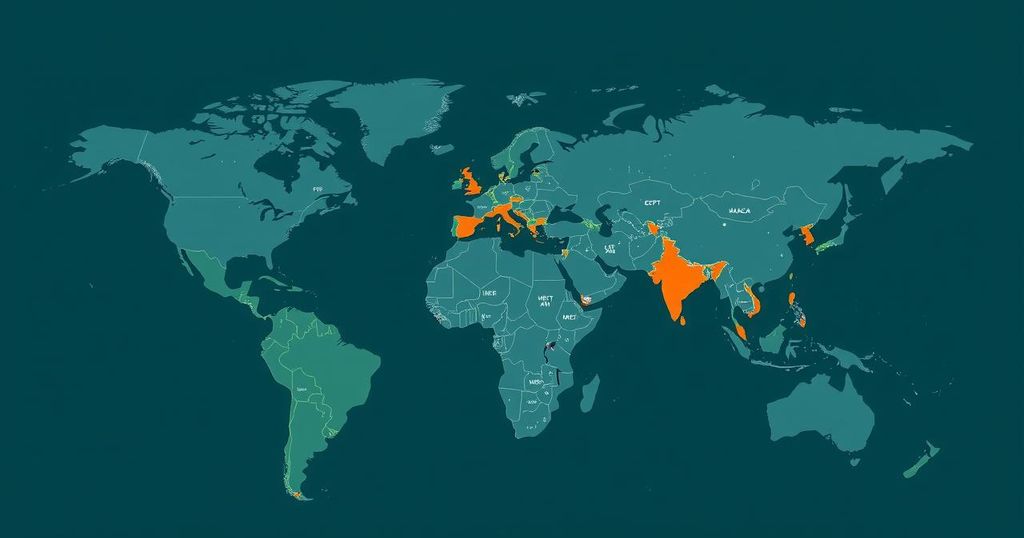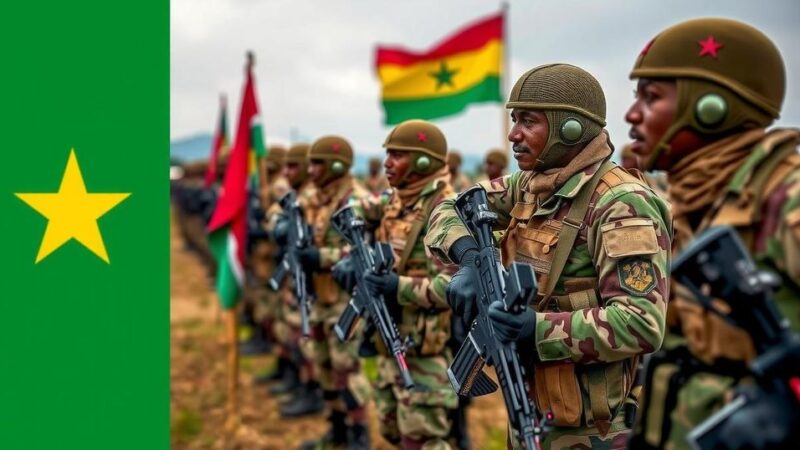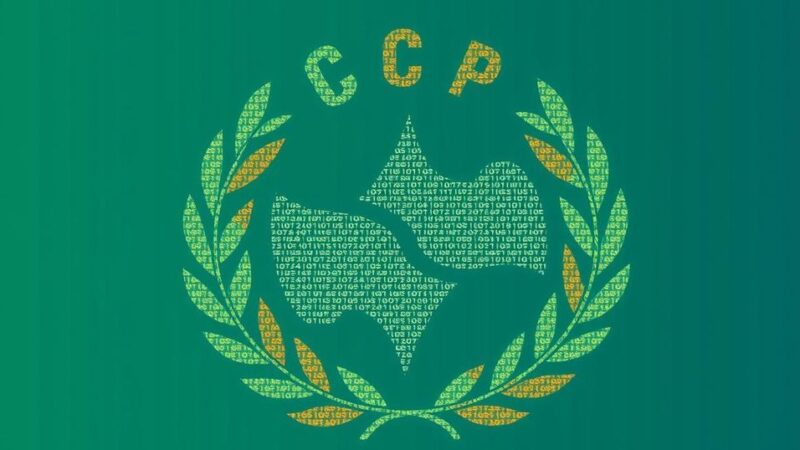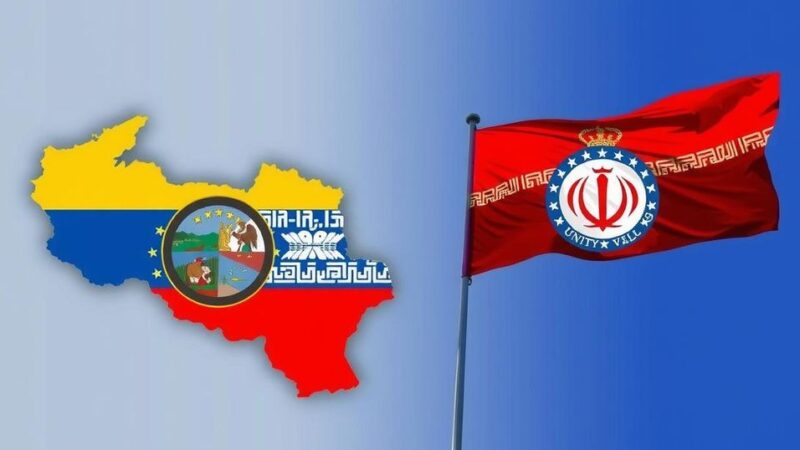The latest global updates reveal Egypt’s declaration as malaria-free by the WHO, turmoil in Cuba due to a tropical storm and extensive power outages, violence in Mozambique stemming from political disputes, and severe flooding in South Sudan affecting nearly a million people. These news pieces illustrate varied global issues ranging from public health successes to humanitarian crises and political unrest.
The recent global news highlights significant events affecting various nations, including Egypt’s achievement in eradicating malaria, the impact of a tropical storm in Cuba, political unrest in Mozambique, and the humanitarian crisis in South Sudan due to severe flooding. In a remarkable public health milestone, the World Health Organization (WHO) has proclaimed Egypt as malaria-free, marking a monumental effort by the nation to eliminate a disease that has affected its populace since ancient times. “Malaria is as old as Egyptian civilisation itself, but the disease that plagued pharaohs now belongs to its history and not its future,” stated Tedros Adhanom-Ghebreyesus, WHO Director-General, emphasizing the historical significance of this accomplishment for Egypt, a nation with over 100 million residents. Similarly, the Caribbean nation of Cuba is currently grappling with a tropical storm that has led to widespread power outages, affecting approximately 10 million citizens. The situation in Cuba is compounded by existing infrastructure issues and the effects of a prolonged economic embargo. The UN has been alerted to the crisis and stands ready to offer the requisite assistance as the country struggles with continuous outages and inclement weather. Furthermore, the UN Secretary-General António Guterres has called for measured response and calm in Mozambique following the assassinations of two opposition figures, which occurred amidst a backdrop of electoral disputes. Mr. Guterres has urged for a prompt investigation into these killings, emphasizing the importance of peace and stability within Mozambique during this critical phase. Finally, the WHO’s ongoing support in South Sudan is crucial as the nation deals with historic flooding, which has caused widespread displacement and systemic challenges for its people. With an estimated 890,000 individuals affected and critical healthcare infrastructure compromised, the situation necessitates substantial intervention. As confirmed by the WHO, emergency health kits containing essential medical supplies have been deployed to mitigate the impact on affected communities.
In recent years, there have been notable advancements and challenges across various global regions regarding health, politics, and natural disasters. The eradication of malaria in Egypt serves as a noteworthy achievement within public health, exemplifying the power of coordinated efforts and resource allocation. Meanwhile, the struggles faced by Cuba due to natural disasters and extended power outages reveal underlying infrastructural issues exacerbated by external economic sanctions. Additionally, the UN’s attention on Mozambique’s political tensions following elections uncovers the fragility of democracy and governance in the face of violence. Lastly, South Sudan’s ongoing humanitarian crisis, largely due to extreme flooding and its impact on healthcare systems, underscores the urgent need for international support and intervention.
The events highlighted reflect a complex tapestry of global challenges and successes. Egypt’s malaria-free certification is a testament to effective public health strategies, while Cuba’s current struggles showcase the vulnerabilities linked to political and infrastructural issues. The political landscape in Mozambique raises concerns regarding stability and the need for accountability, while South Sudan continues to suffer from natural disasters that impede humanitarian efforts. These situations underscore the critical need for international cooperation and support in addressing both health and geopolitical concerns.
Original Source: news.un.org






